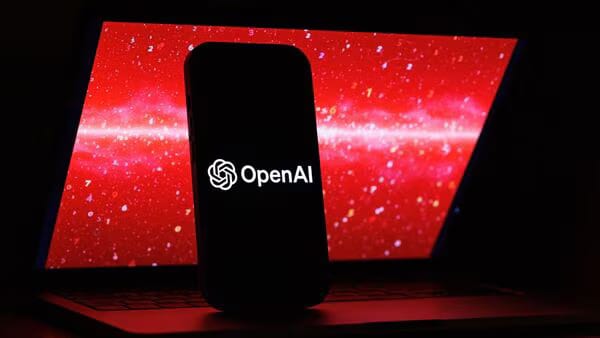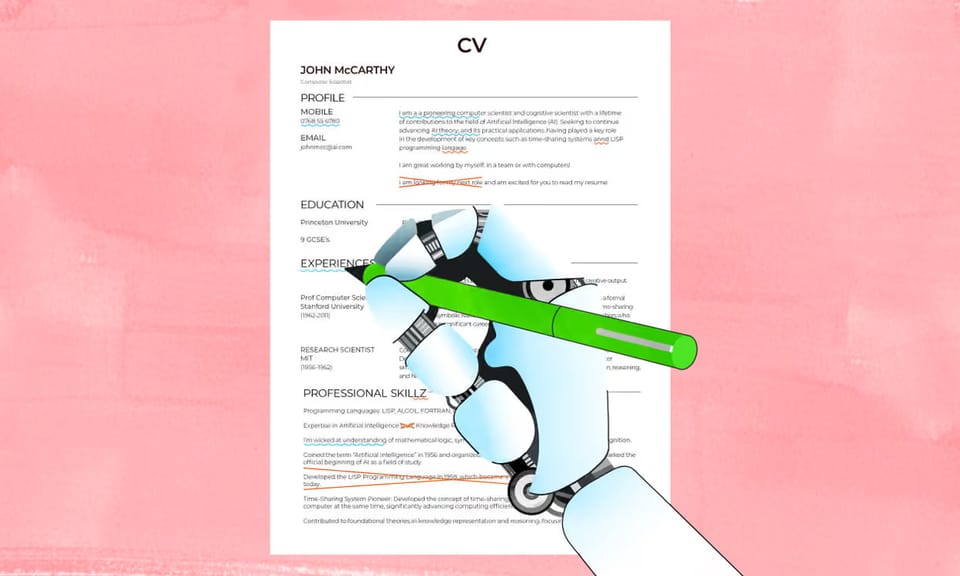Would You Trust an AI Doctor With Your Life on Mars?


Picture this: You’re halfway to Mars, just minding your own business, eating some rehydrated mac and cheese, when suddenly, bam, chest pain. You grab your radio to call Earth, but here’s the problem: your “Help, I might be dying” message will take 20 minutes to get there, and the “Try Tums” reply won’t get back for another 20. You’ve got a 40-minute hold line… and no hold music. That’s where NASA and Google want to step in.
They’re building something called the Crew Medical Officer Digital Assistant (CMO-DA). Think of it like a space-age WebMD, except instead of terrifying you with every possible worst-case scenario (“It’s probably cancer”), it’s designed to actually guide you through diagnosis and treatment when there’s no doctor around. It talks, it listens, it looks at images, and it can connect to medical devices. It’s like having a whole ER team in your laptop, minus the billing department that charges you $8,000 for an aspirin.
If you’re thinking, “Okay… and? Why should I care? This sounds like PR fluff,” here’s the deal: this is the first real step toward giving astronauts a fully independent medical expert they can use without Earth’s help. That matters because once humans are more than a few hundred thousand miles away, quick doctor calls aren’t an option. And here’s the kicker: if it works in space, it could work in places on Earth where hospitals aren’t nearby. Imagine rural towns, oil rigs, war zones, or even just your cousin’s hunting cabin in the middle of nowhere.
They’re aiming for a doctor who doesn’t sleep, doesn’t need a paycheck, and doesn’t have to be flown in by helicopter. They’re not in a head-to-head cage match with Apple or Microsoft here; it’s more about joining a quiet race with other space players like SpaceX, the European Space Agency, and private health tech companies to create autonomous “experts in a box.” Whoever nails it first doesn’t just win bragging rights; they set the standard for off-world healthcare, and potentially for tough-to-reach spots here on Earth, too.
Whether you’re a CEO running a billion-dollar company, a manager juggling a team, or just someone who’s mastered the art of avoiding small talk in the office kitchen, here’s why you might care: This tech won’t just stay in space. It’s a proof-of-concept for AI “specialists” who can operate without constant human oversight. Today it’s a space medic; tomorrow it could be an AI safety inspector for your factory, a financial advisor that works 24/7, or a disaster-response planner that never sleeps.
The real questions you should be asking are: How accurate does an AI need to be before we trust it with lives? What happens if it screws up who’s responsible? Could this same tech be adapted to your industry before your competitors do? And how will it change the way you hire, train, and plan for emergencies?
This isn’t just about Mars. It’s about a future where “the expert” you need might be a voice in your earpiece or a chatbot on your laptop, and it’s good enough that you’d actually trust it. Whether that’s exciting, terrifying, or both is up to you.
Imagine you’re halfway to Mars. You’ve got severe chest pain. Talking to a doctor on Earth will take 40 minutes. Do you trust NASA and Google’s AI to diagnose you… Or do you take your chances waiting? Share your thoughts. I want to hear if you’re ready to let a robot hold the stethoscope.
- Matt Masinga
*Disclaimer: The content in this newsletter is for informational purposes only. We do not provide medical, legal, investment, or professional advice. While we do our best to ensure accuracy, some details may evolve over time or be based on third-party sources. Always do your own research and consult professionals before making decisions based on what you read here.




